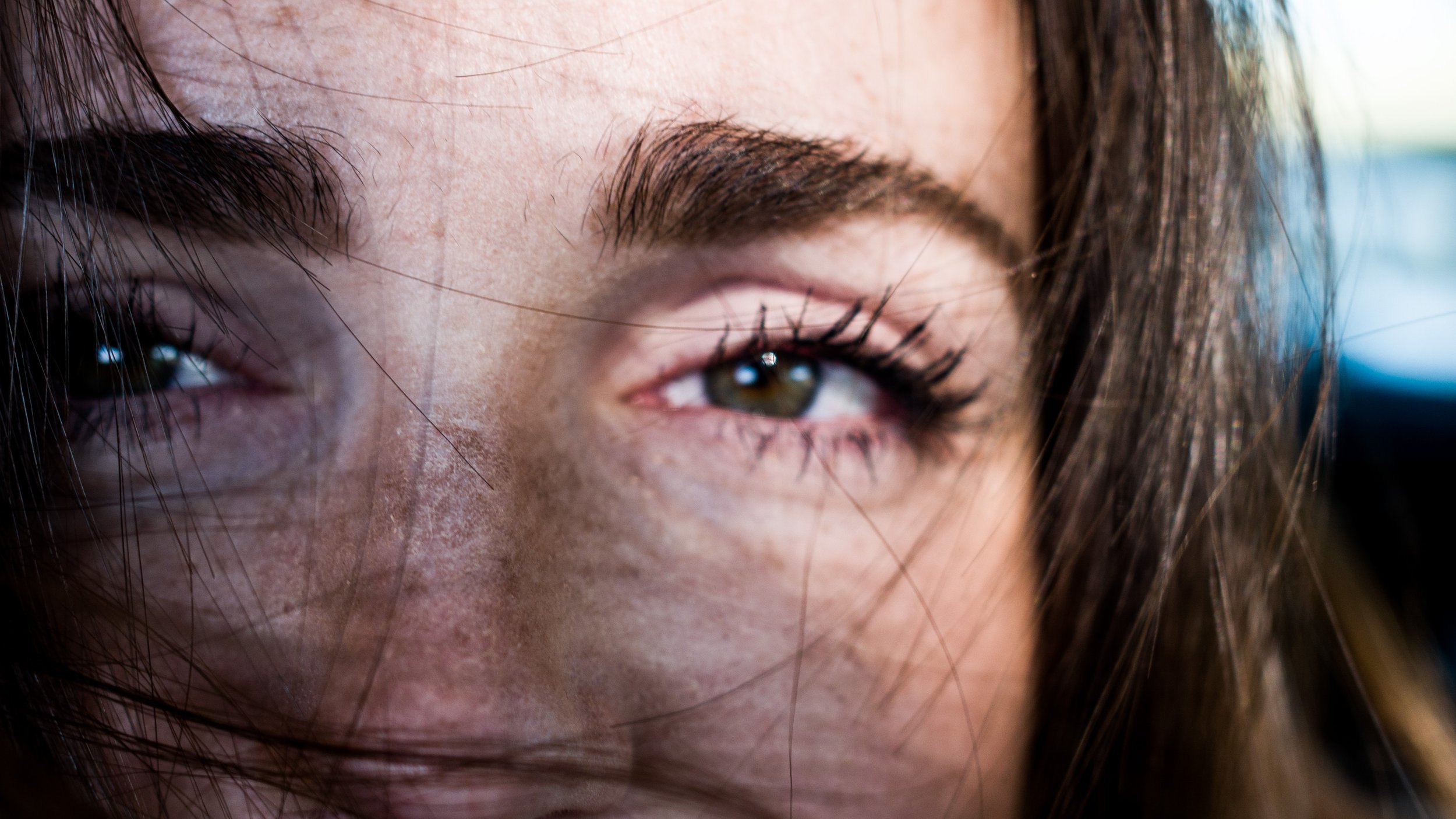“I absolutely LOVE my Dr. Lucy skin care. Yes! I seriously love my skin care line! Best I have ever used :-) I live in Colorado and it’s amazing with this dry climate.” -mommapete5
Acids and skincare don’t exactly sound like a good pair...
However, acids encompass some of our favorite ingredients–things like Hyaluronic Acid (preferably Botanical), Glycolic Acid, and even Ascorbic Acid (Vitamin C)! Let’s delve in to how we can use them.
First of all, an important note:
There are two different types of acids used in skincare; exfoliating acids and fatty acids. When used properly in your skincare routine you can see the benefits in the way your skin looks and feels.
Below, we have listed some of the most common types of exfoliating acids used in skincare...
Exfoliating Acids
Exfoliating acids help skin to look its best by removing dead skin cells and revealing a fresh complexion.
Glycolic Acid
Glycolic acid is the smallest and most highly soluble of the alpha hydroxy acids making it especially efficacious in exfoliants and chemical peels. It reduces cell adhesion in the uppermost layer of the epidermis, promoting exfoliation of dead skin and cell replacement contributing to a smoother brighter complexion.
Hyaluronic Acid
Hyaluronic acid is a naturally occurring polymer found in connective, neural, and epithelial tissue in both animals and humans. Hyaluronic acid can hold about 1,000 times its weight in water. Because of its ability to hold water, HA is an easy choice when looking for an ingredient that will hold moisture when applied to the skin. As always and forever, we recommend botanical HA only!
Lactic Acid
Lactic acid is an alpha hydroxy acid manufactured by fermentation of non-GMO corn derived carbohydrates. Lactic acid is used in the formulation of cleansers, splashes, astringents, and moisturizers to enhance the appearance of dry or mature skin. Lactates are also effective humectants and buffering agents in soaps and wipes due to their excellent ability to attract and hold moisture within the skin.
Citric Acid
Naturally occurring citric acid is a member of the alpha hydroxy acid (AHA) group and in skin care products it is often used as an ingredient in exfoliants and chemical peels, Most often citric acid is used to adjust the pH in personal care products such as lotions, cremes, shampoos, etc.
Fatty acids
Are critical building blocks in helping skin to appear hydrated, plump, and more youthful. Essential fatty acids are not produced by the body naturally so they must be eaten or applied directly to the skin.
Myristic Acid
Myristic acid is a non-toxic fatty acid that occurs naturally in some foods, such as animal fats and most vegetables. Nutmeg, palm oil, and coconut oil contain relatively high levels of myristic acid. The saturated fatty acid myristic acid has 14 carbon atoms. Myristic acid is used as a cleansing, surfactant and opacifying agent in cosmetics and personal care products.
Stearic Acid
Stearic acid is a vegetable (castor) derivative used to stiffen and stabilize lotions and cremes. Stearic acid occurs naturally in the human body and vegetable fats.
With Love and Blessings!
Rebecca
P.S. So the next time you reach for a pretty bottle of shampoo or face & body care products, look at the ingredient deck and think about which kind of "acid" you are wanting on your skin and what is it's main purpose.


